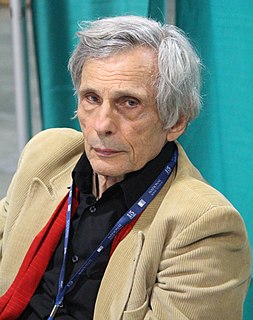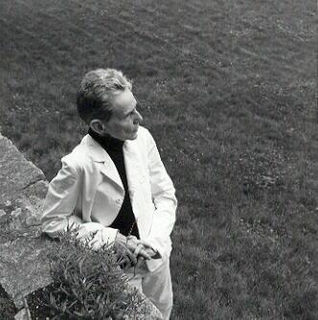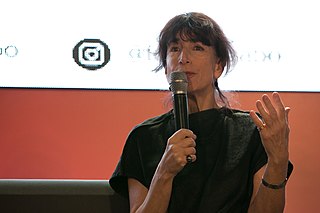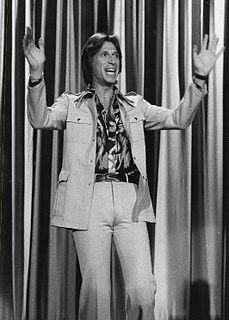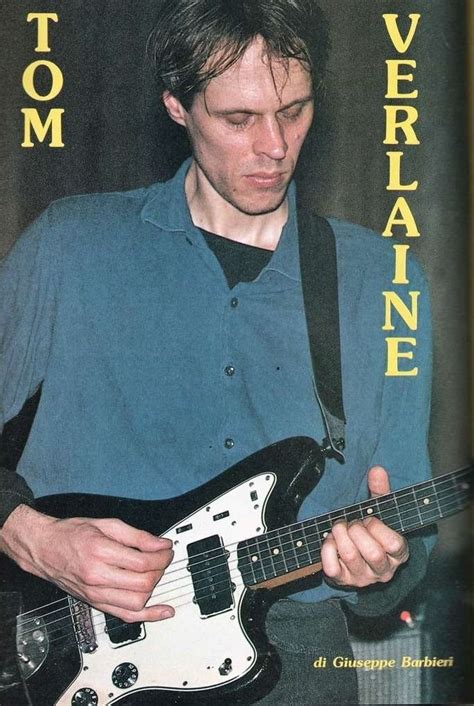A Quote by Pico Iyer
What I treasure most at any moment is intimacy, surprise, a sense of mystery, wit, depth and love. A handful of cherished friends offer me this, and the occasional singer or film-maker or artist. But my most reliable sources of electricity are Henry David Thoreau, Shakespeare, Melville and Emily Dickinson.
Related Quotes
I am not a religious person, nor do I have any regrets. The war took care of that for me. You know, I was brought up strictly kosher, but I - it made no sense to me. It made no sense to me what was happening. So nothing of it means anything to me. Nothing. Except these few little trivial things that are related to being Jewish. ... You know who my gods are, who I believe in fervently? Herman Melville, Emily Dickinson - she's probably the top - Mozart, Shakespeare, Keats. These are wonderful gods who have gotten me through the narrow straits of life.
Alas, those six unfortunate souls who have made their way through my books know that every one of them is about Emerson and Thoreau and their dark counters, Melville and Emily Dickinson. Try as I might, I can't get their inspirations, their challenges and sentences and wisdom and questions out of my head.
Herman Melville is not comforting. Emily Dickinson isn’t either. Maybe their work is too hungry for comfort, or just too vivid for comfort. But Henry James is – profoundly so. Because he is tender. The tenderness is there in the structure of the sentence. He knows the way the poor and the dead are forgotten by the living, and he cannot allow that to happen. So he keeps on writing for them, for the dead, as if they were children to be sheltered and loved, never abandoned.
As for the multiple editions, in the case of a truly great writer - Shakespeare, Emily Dickinson, Proust, someone with a canon - there is often a "variorum" edition of the work that presents its variants. I think publishing most other writing that way would be impossible, economically, for publishers, and very ill-advised for authors.
The power of reading a great book is that you start thinking like the author. For those magical moments while you are immersed in the forests of Arden, you are William Shakespeare; while you are shipwrecked on Treasure Island, you are Robert Louis Stevenson; while you are communing with nature at Walden, you are Henry David Thoreau. You start to think like they think, feel like they feel, and use imagination as they would. Their references become your own, and you carry these with you long after you've turned the last page.
Henry David Thoreau, who never earned much of a living or sustained a relationship with any woman that wasn't brotherly -- who lived mostly under his parents' roof . . . who advocated one day's work and six days "off" as the weekly round and was considered a bit of a fool in his hometown . . . is probably the American writer who tells us best how to live comfortably with our most constant companion, ourselves.



